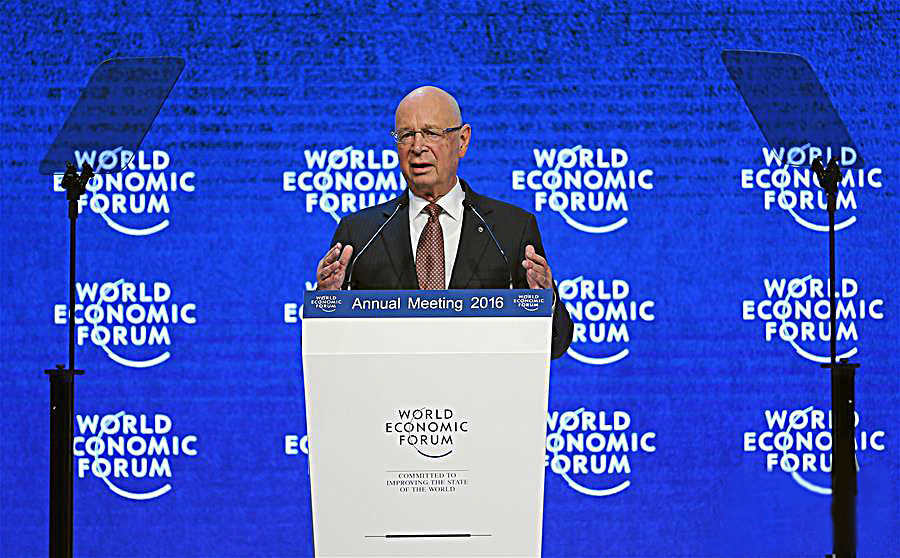Davos elites call for ‘fourth industrial revolution’

LONDON—With its unprecedented breadth, depth and speed, the unfolding fourth industrial revolution will fundamentally influence mankind, forming a new paradigm for the global economy, according to the 46th World Economic Forum (WEF) Annual Meeting, in Davos, Switzerland, Jan. 20 to 23.
Focusing on the theme of “Mastering the Fourth Industrial Revolution,” participants discussed the digital transformation of industries, and the impact of the new industrial revolution on education, employment, entrepreneurial opportunities and business models.
Earlier industrial revolutions ushered in the age of steam power, electric power and information technology.What does the fourth industrial revolution mean?
“The idea of a fourth industrial revolution is an exciting way of capturing a variety of technical innovations, such as around AI, the Internet of Things, sensor networks and more, ” said William Dutton, the Quello Professor of Media and Information at Michigan State University and former director of the Oxford Internet Institute.
However, Dutton said these ideas are not really new. They are based on American sociologist Daniel Bell’s concept of the information society, which is complemented by Spanish sociologist Manuel Castells’ notion of a network society in many ways. These technical advances have accelerated and deepened the transformations put forward by these social scientists well before today, he said.
While viewed by many as a great opportunity to enhance the global economy and improve people’s lives, the fourth industrial revolution could exacerbate inequality, some economists warned. For example, the displacement of workers by automation might widen the gap between returns on capital and returns to labor, leaving many behind while benefiting only a few.
WEF Executive Chairman Klaus Schwab wrote that the future will bring increasing disparities between skilled and unskilled labor in the job market, which will lead to more social tension.
Dutton said this means that education and learning in basic literacy as well as the development of the skills and a cultural affinity to new information and communication technologies will be even more important for gaining opportunities for social and economic development at all levels.
Experts suggested measures to enhance fair access to education, upgrade the labor force’s knowledge and skills and support those who are most vulnerable to the change.
Attendees at the Davos meeting also discussed the role of technology in facilitating deep decarbonization and achieving climate goals. Technological innovation is essential to making the transition to a green economy, experts said.
“This change can be described as a new industrial or technological revolution and would require political commitment over several decades, significant investments and structural changes,” said Vasileios Rizos, Arno Behrens, Jorge Núez Ferrer and Christian Egenhofer from the Centre for European Policy Studies.
Shedding the resource-intensive economic model will require a major policy push, they added. A policy mix can include voluntary approaches, economic instruments as well as regulation of technology and the environmental performance of goods and services. Innovation will be fundamental to guiding this transformation, which can be stimulated through dedicated funding schemes as well as technical standards and targets that support the development of new markets, they said.
To fund research and development of low-carbon technology, world leaders launched Mission Innovation at the 2015 United Nations Climate Change Conference. It will be supported by private sector engagement to take the most promising new low-carbon technologies into the marketplace.
Jiang Hong is a reporter at the Chinese Social Sciences Today.
